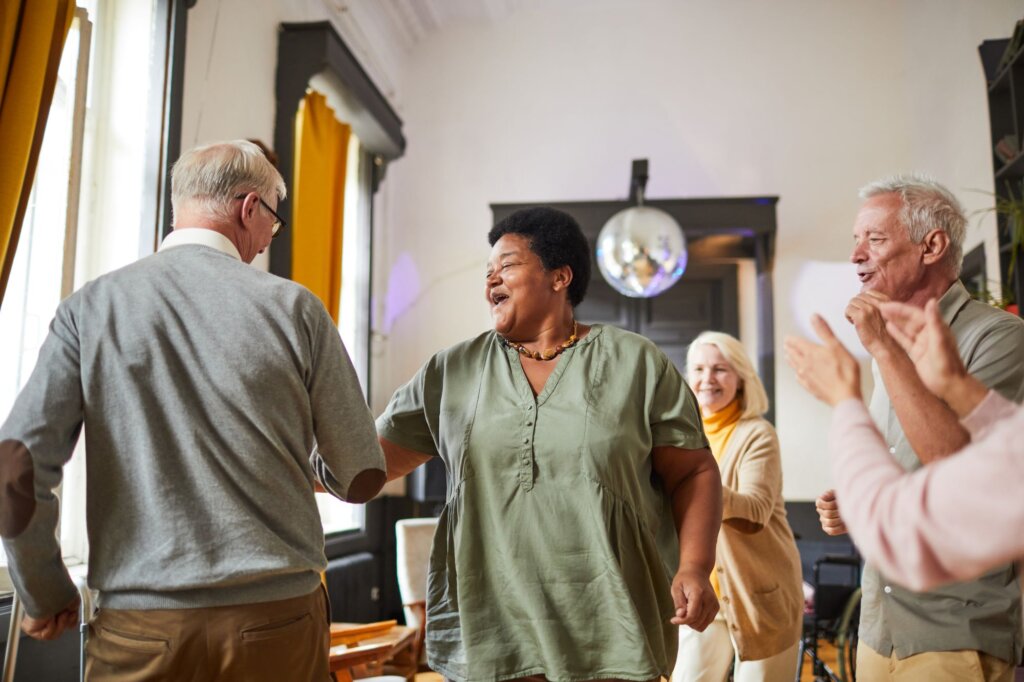Staying socially connected is both a source of joy and an essential part of one’s health and well-being. For seniors especially, regular social activities can lift spirits, improve physical health, and strengthen connections with loved ones. Let’s take a closer look at why making time for social activities can help seniors enjoy a vibrant, fulfilling life in the golden years.
Why Are Social Activities So Important for Seniors?
As we age, life can bring significant changes that impact social connections. Retirement, children moving away, the loss of loved ones, health challenges, or changes in mobility and independence can lead to increased feelings of isolation or loneliness.
For many seniors, opportunities for regular social interaction decrease over time. This can negatively affect emotional and mental health. Engaging in social activities provides a way to rebuild those connections and offer companionship, support, and a sense of belonging.

Boosts Mental Health
Loneliness and isolation can take a toll on mental health as we age, but staying connected through social interactions can help. Intentionally make time to catch up with friends, attend a local event, or join a club. These moments of connection can lift spirits and reduce feelings of isolation or depression. A friendly chat or shared laugh can really brighten someone’s day!
Encourages Physical Activity
It’s important to also stay physically active as we grow older. Regular physical activity can help seniors maintain mobility, energy, and balance. Try joining a walking group, a dance or fitness class, or a casual community game of croquet! Exercising with others is not only motivating, but it can also be more fun.
Supports Cognitive Health
Staying socially connected is just as important for the brain as it is for the heart. Activities like having engaging conversations, learning new skills, or playing games with others are great for maintaining memory, focus, and problem-solving skills—which encourage independence and confidence.
Strengthens Emotional Connections
There’s nothing like the comfort of having a strong support network. Spending time with loved ones—whether family, friends, or neighbors—help remind people that they are valued and loved. Even simple gestures, like a weekly phone call or a shared meal, can provide much-needed support and joy.
Social activities do more than fill the calendar; they enrich life in countless ways! Encouraging seniors to stay socially active is one of the best ways to support their mental, physical, and emotional well-being. Strengthening connections and fostering community can create joy, purpose, and a sense of belonging that makes life truly special.